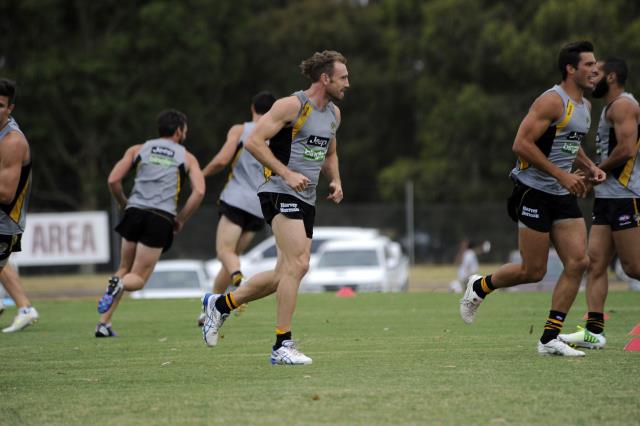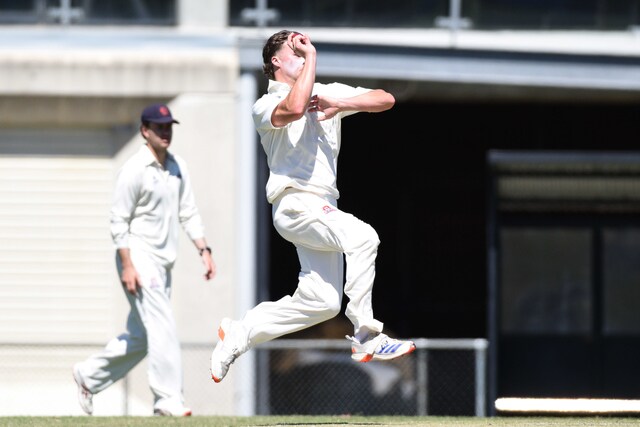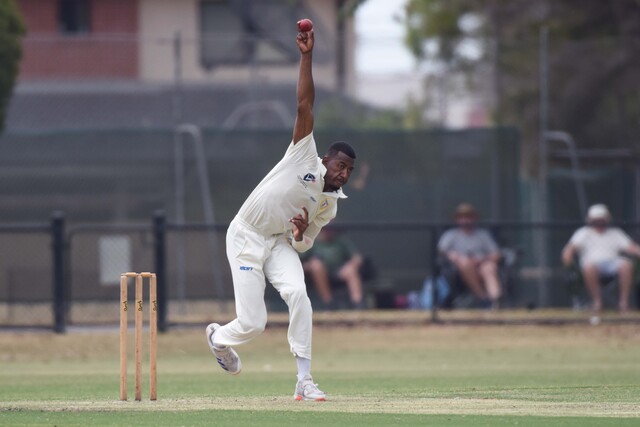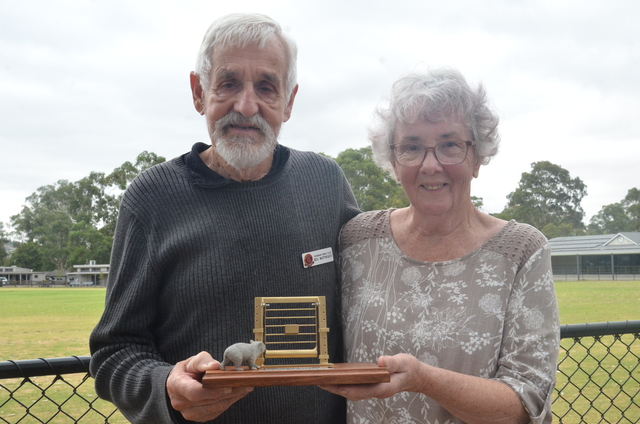A state coroner has recommended less full-contact training at AFL and AFLW clubs as part of an inquiry into former Richmond footballer Shane Tuck’s death.
Tuck, 38, was found to have severe stage-three chronic traumatic encephalopathy (CTE) after taking his life at his parents’ Berwick home on 20 July 2020.
The affliction can’t be definitely diagnosed until after death but Tuck suffered symptoms consistent with CTE such as memory impairment, depression, anxiety and/or paranoia, Coroner John Cain found in his report on 11 December.
Despite psychiatric medication and treatment, Tuck had been tormented by voice hallucinations and suicidal thoughts.
Cain linked CTE to repetitive brain injuries such as concussions and even sub-concussive hits.
Tuck, who played 173 games for Richmond and later competed in several boxing bouts, suffered numerous AFL head knocks.
In his first professional boxing match, he suffered a “severe knock-out”. He was later treated in a hospital emergency department.
Cain produced 21 recommendations for the AFL, AFL Players Association and boxing authorities, including for the AFL to consider limiting contact training sessions by the AFL/W 2025 pre-season.
“Consideration should be given to implementing a balanced approach to reducing the risks and frequency of head contact in training, whilst allowing players to further develop their skills in a unique and fast-paced game. “
Cain called for the AFL to employ independent doctors to potentially over-rule club doctors on entering players under concussion protocols.
This would potentially reduce a repeat of a controversial incident this year in which two Port Adelaide players collided during a match and one of them returned to play without a concussion test.
Another recommendation was for the AFL to give powers to independent concussion spotters to pull players from the field.
A US-based medical expert Dr Robert Cantu, who had advised the NFL, regarded the AFL’s current protective approach to concussion as “state of the art”.
The AFL had made more than 30 changes to regulations and tribunal guidelines since 2005 to reduce head traumas – such as banning boxing training and rules to protect the head.
However, much of it was implemented after Tuck’s retirement in 2013.
Coroner Cain praised the AFL for its support of continued research into CTE and minimising its impacts on players.
“There is strong consensus that more research is required.”
Other recommendations included neurological baseline testing of players, encouraging players to donate their brains after death for research, greater funding for brain banks and wider education on the impacts of repetitive head trauma.
The coroner also called on the boxing industry to look at restricting sparring outside of bouts, and to research rule changes to reduce head trauma particularly for boxers under 14.
He recommended greater national regulation of professional boxing, more education for boxers and more research on the neurological impacts on boxers.

















